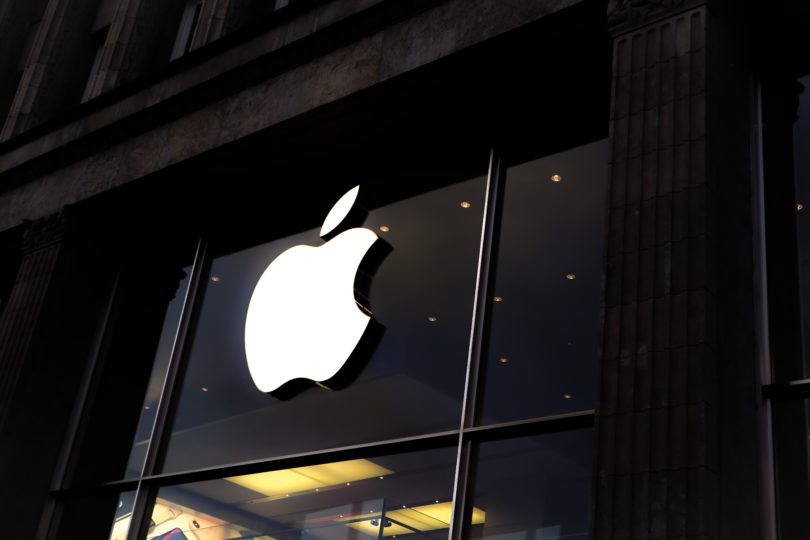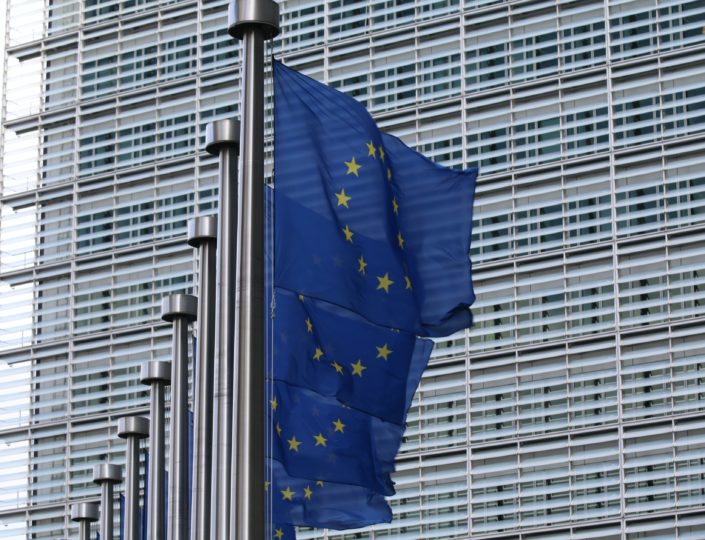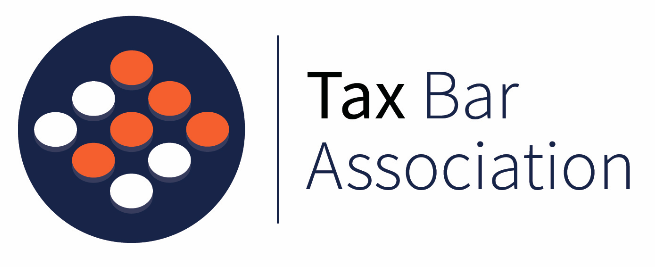
Background
Advocate General Pitruzzella in Case C-465/20 P Commission v Ireland and Others is of the view that the General Court was wrong when it found Ireland did not give Apple favourable tax treatment. The Advocate General suggests that the case should be reconsidered by the General Court. But what implications does the Advocate General’s opinion hold in the Apple Case?
Grainne Duggan BL examines the latest twist.
The significance of the Advocate General opinion
The most important point to note about the Advocate General’s opinion is that it is not binding on the Court of Justice of the European Union (CJEU) and the CJEU is free to disregard it and make its own decision.
However, there is a likelihood that the Advocate General’s opinion will be followed by the CJEU and then remitted back to the General Court for further consideration. This seems likely because the principal finding by the Advocate General was that in considering whether or not Ireland had given Apple a tax advantage, the General Court used the incorrect methodology to ascertain what profits of two Irish branches within the Apple group should be brought within the charge to Irish tax.

The case against Apple Inc.
The case concerns how Apple ascertained the chargeable profits of two Irish branches within its group for Irish tax purposes and in particular, for the purposes of section 25 of the Taxes Consolidation Act 1997. The branches held significant intellectual property (IP) licences for the Apple group and the two Irish branches were branches of head offices within the Apple group, who themselves had no physical presence. Apple agreed its method for calculating the allocation of profits to these branches with the Irish Revenue Commissioners in advance by way of two agreements made in 1991 and 2007.
The European Commission claimed these advance agreements gave rise to a tax advantage because it resulted in the allocation of profits on a non-arm’s length basis. The Commission’s argument being that other companies in the market would have had to allocate their branch profits by references to prices negotiated at an arm’s length basis within the market, but Ireland had permitted Apple to agree a particular formula for doing so in advance.
In 2016, the European Commission found that Ireland had given Apple an unfair tax advantage. This was appealed to the General Court who held that the European Commission had not satisfied the General Court that Apple had in fact received a tax advantage. The Commission appealed and the case was heard by the CJEU in May 2023.
The Advocate General’s opinion, issued on November 9, 2023, anticipates a CJEU decision in the first half of 2024.

What the Advocate General concluded
The Advocate General states the General Court committed a series of errors in law when it ruled that the European Commission had not shown that the IP licences held by the two Irish branches and related profits, generated by the sales of Apple products in regions outside of the US, had to be attributed for tax purposes to the Irish branches.
In particular, the Advocate General was of the view that the General Court placed too much focus on the “functions and risks assumed by Apple Inc” in relation to the IP licences, rather than focusing on the activities performed by the branches and their head offices in relation to the IP. Therefore, in the Advocate General’s opinion, the General Court did not correctly apply the test in s25 of the Taxes Consolidation Act 1997, which the Advocate General claimed did not permit the taking into account of the role of other entities.
The Advocate General was also of the view that certain procedural errors had been made by the General Court in considering arguments raised by Ireland and Apple (and others) and that the Court itself had raised complaints which had not been raised by the parties. These errors had “led it to conclude that the Commission had not demonstrated the methodological errors identified in the context of its subsidiary line of reasoning”.

What does this mean for Ireland?
The Advocate General has recommended that the matter be sent back to the General Court so that it may reconsider the extent to which the profits of the two Irish branches come within the charge to Irish tax.
Where the General Court or the CJEU ultimately find that Ireland did give Apple a tax advantage, then Apple will have to repay that tax, which is in the region of €13bn and currently held in escrow. While this would be a significant tax windfall for Ireland, it might be unwelcome, as Ireland disputes providing any tax advantage to Apple. Further, other EU states may also be entitled to claim payment of some of the back taxes.
That aside, the case itself is likely to be of little or no precedential value for Irish tax purposes due to changes in the tax regime.
It is likely that the Advocate General’s opinion is another twist in a tale that will have many more chapters to come.
The views expressed above are the author’s own and do not reflect the views of The Bar of Ireland.
Discover the Tax Bar Association

The Tax Bar Association (TBA) was established in May 2022 as the first formal representative body for Junior and Senior Counsel who practise or possess expertise in the taxation field.
Our forum provides specialist education to its members through seminars, conferences and breakfast briefing sessions which seek to keep attendees updated on developments in the highly specialised area of tax law.